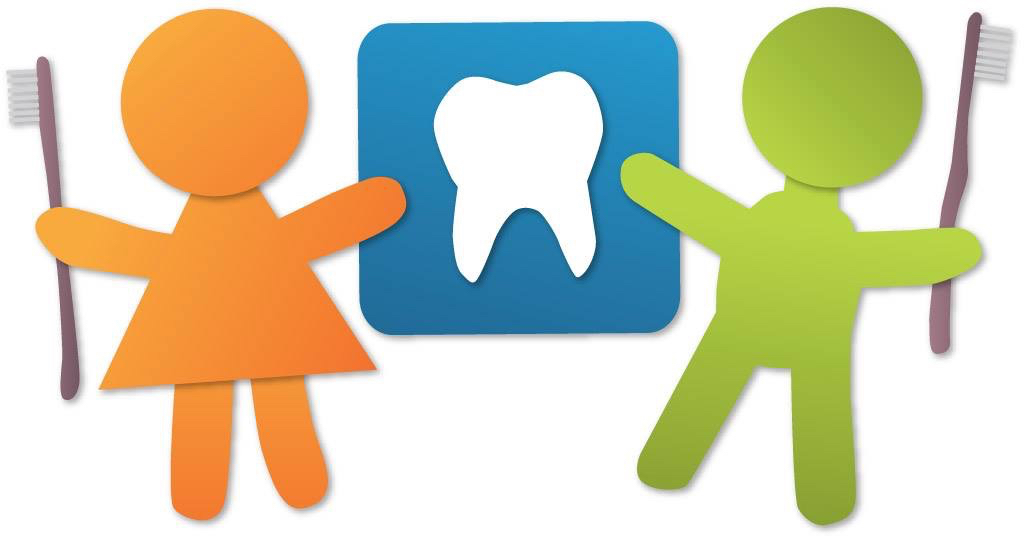At what age should orthodontic treatment start?
Orthodontic treatment can be started at any age!
We may give you the first orthodontic referral as early as age 7.
Many orthodontic problems are much easier to correct if detected at an early age, before jaw growth has slowed. Early treatment may mean that your child can avoid possible surgery and more serious orthodontic complications in the future.
The American Association of Orthodontists (AAO) recommends that all children have a check-up with an orthodontic specialist no later than age 7.
The reasons for this examination are as follows:
The posterior occlusion is established when the first molars erupt. At that time, one can evaluate the antero-posterior and transverse relationships of the occlusion, as well as discover any functional shifts or crossbites. Incisors have begun to erupt and problems can be detected such as crowding, habits, deep bites, open bites, and some jaw discrepancies. For some, a timely evaluation will lead to significant treatment benefits; for others, the principal immediate benefit is a parent's peace of mind.
The AAO does not advocate comprehensive orthodontic treatment at age 7. However, interceptive treatment may be appropriate in the kinds of problems shown in the pictures above.
Final treatment decisions should be made among the parent, child's dentist, and orthodontist. The orthodontist's goal is to provide each patient with the most appropriate treatment at the most appropriate time.
Doctor Wang, Doctor Perea-Corkish, Doctor Gerodias and the other Doctors of Discovery Pediatric Dentistry make no warranties, expressed or implied, as to any results to be obtained from use of the information on this page. We cannot diagnose or treat patients over the Internet. Information on this site is for educational purposes only. You should not rely on this information as a substitute for personal, medical, and/or dental attention or diagnosis. Without all available information about a patient, it is impossible to make a diagnosis. Help and answers are in the form of general ideas. Only you, your dentist, and other necessary and qualified health care providers can make an appropriate treatment decision in an emergency or for everyday care and dental treatment.
